Overview
Perhaps the single-most effective way in preparing for an interview is running through a few preparatory questions. Getting a sense for what sort of questions will be asked will better educate your response mechanisms, and overall, prevent you from choking up in the heat of the moment.

Even still, you may be wondering how exactly you’re going to be able to predict the interviewer’s list of questions.
- And while a perfectly valid point, when it comes down to the reality of the situation, interviews really only repeat a few main classes of questions on an applicant-to-applicant basis.
Thus, armed with this knowledge, we have prepared an extensive overview of common interview questions, as well as how each should be handled most appropriately.
Behavioral Questions
The behavioral interview question comes at an applicant from the guise of past experiences. The key idea behind a behavioral interview is to relate an applicant’s past successes or shortcomings to their ability to perform at a new position.
CAREER
TIP
When thinking back to which past experiences to refer to, consider browsing through your resume, which should be packed with information-dense sections.
Typically, the employer is trying to gauge whether a candidate can handle the pressures of adapting to a new work environment.
- Candidates may use the STARR technique to promptly answer these questions.
- STAR is abbreviated as situation, task, action, and result, referring to a candidate’s description of the situation they were in, what task they had to perform, the actions that followed with it, and the culmination of their work.
Hiring managers may employ behavioral questions when seeking to push candidates past generic answers, instead having them relay specific details of their employment history. Here are a few sample behavioral questions…
Walk me through a stressful situation you've handled in the past.
How have you handled conflict with an employer or coworker?
When have you had to adapt to big changes at work?
How do you prioritize when assigned multiple projects?
Have you ever missed a deadline and why?
Stress Questions
Hence the naming, the stress question throws the applicant into a stressful situation, as a means of evaluating how they perform under stress. Especially in an increasing mobile economy, stressful situations have become a workplace norm.

Without being able to properly function under stress, an applicant may prove unsuitable to the pressures of a new work environment.
- As such, the stress question provides valuable information to employers, weeding out applicants who fail to meet the demands put forward in the contemporary workplace.
With regards to responding to stress questions, we would advise you to constantly refresh your mindset and to ‘think outside the box’ so-to-speak. For such questions, the employer won’t be looking to riddle you with an impossible-to-answer or overly complex question.
- With that in mind, try to focus on tilting the tide in your favor by reminding yourself not to choke under pressure
- A general rule of thumb is to focus not precisely on what the employer is saying, but rather to the interview itself; ask yourself, “what might the employer be wanting me to say?”
Why were you fired?
Do you feel that this interview is going poorly?
Are you applying to other jobs?
How would you react if I told you that I knew you forged your referral letter signatures?
Do you consider yourself successful?
Situational Questions
Contrasting with behavioral interview questions emphasis on the past, situational questions mine information surrounding an applicant’s plans for the future. While a hiring manager may gain a sense of credibility by looking over past achievements, it’s only through the use of situational questions that they’re able to gauge interest in a company or get a sense of what plans an applicant has for the future.
A hiring manager may employ a situational question if they’re looking to go beyond the skills or competencies an applicant has already showcased having.
- Generally, situational questions are tailored to applicants whose employment history may not fully speak for itself, or if they’re undergoing a major career change, where potential for the future plays a bigger factor than past experience.
When a hiring manager throws a situational interview question your way, focus on conveying a sense of optimism through your response.
- You want to demonstrate your resourcefulness in finding new and unique solutions to a problem; let your employer know how you can make a difference at their company.
- It may help to brush up on some of the problems the company is trying to solve, or to simply read through their mission statement.
CAREER
TIP
Alligning your plan for the future with a company's mission statement may help to persuade your employer. Review our guide on job searching strategies to read more.
To gain an idea of what kind of questions to expect, take a look at some situational interview questions we've compiled...
If a deadline had passed, but the product was still not up to standard,
what would you do?
How would you deal with a situation where your coworkers didn't meet
your expectations?
How would handle a manager disagreeing with the way a problem is solved?
What would you do to get along with a colleague who disagrees with you
on nearly everything?
How would you react if a lengthly project you've been working on was suddenly canceled?
Emotional Intelligence Questions
The concept of emotional intelligence has to do with being able to accurately identify and label different peoples' emotions (as well as your own), characterizing them according to your understanding of positive and negative influence in the workplace.

As the global economy turns increasingly team-oriented and collaboration-friendly, employers have recognized the value in so-called 'emotional intelligence skills.
- EQ questions are designed directly to evaluate an applicant's understanding of emotional relations, judging particularly whether they can work well in a team-enviornmen.t
When responding to an EQ question, try to relate your responses to virtues of synergy and cooperation.
- Your whole aim should center around demonstrating your compatibility to work with.
- To achieve this, simply put yourself in the perspective of a fellow coworker and note how you would want to be treated.
As means to gain a sense for what kind of EQ questions you can expect, here is a run-down of some common options:
Who is your ideal coworker?
What traits should a company value?
Do you have a role model, and if so, what do you admire about them?
How do you create more balance in your life?
Were you able to form lasting friendships at your last job?
CAREER
TIP
When responding to EQ questions, don't keep the discussion exclusively focused on what type of coworker you'd enjoy working with; tie it back to your own traits.
Communication Questions
Even with the advent of digital communication modes, partly eliminating the need for face-to-face conferencing, communication skills remain vital in the contemporary workforce. Through the communication skills question, an employer tries to gauge how strong their applicant's communicative qualities are, with special emphasis on being able to maintain a cordial temperement, even in times of distress.
The use of communication questions varies widely on an employer to employer basis.
- While it's true that occasional managers use the communication skills question as a way to evaluate whether an applicant can speak English, the use cases generally extend to other professionals.
- Being able to see whether someone can communicate duly underpressure provides a manager with a first-hand look at whether an applicant's work-compatibility.

When responding to a communication skills question, try to remain as logical and well-spoken as possible.
- Generally, someone who expresses anger in times of discontent is said to be an ineffective communicator.
- By responding to each question amicably, you'll avoid sending the impression that you can't handle stress.
- Asking questions is also a great way to demonstrate comunicative intellecuality; engage the conversation both ways.
What is your strategy for simplifying a complex issue to a client?
How do you respond to a misunderstanding between colleagues?
Rate your communication from 1 to 10, citing examples to back up your analysis.
Which trait is more important: communication skills or listening skills?
Brain Teaser Questions
Workforce success amounts largely to an ability to 'think on your feet' and apply critical anlysis to come up with innovative solutions to problems. While yes, not all these bases can be covered over the course of a half-hour job interview, the brain teaser question aims to sample an applicant's thinking skills.
Brain teaser questions are commonplace for technical positions, such as in companies including Google, Amazon, or Microsoft.
- Employers are looking to delve deep and understand your mindset.
- What kind of problem solver are you? How do you approach a challenging or abstract issue?
- Typically, a brain-teaser questions will reveal insight on an applicant's response to uncertainty, general confidence, communication, and problem-solving skills. Bear this in mind when trying to understand the employer's perspective.
As is a common pattern appearing across other questions, answering the brain teaser is less about focusing on the 'meat' of the question itself, and rather, on applying resourceful thinking skills.
- It may be very well likely that your employer is trying to "corner" you into answering falsely. Try to see past the most obvious answer and think to what answers the question most clearly.
- A few practice problems are recommendend when understand the problem-solving mentality needed for such a question:
How can a man go eight days without sleep?
How much dirt is there in a hole 3 feet deep, 6 ft long and 4 ft wide?
If it took eight men ten hours to build a wall,how long would it take four men to build it?
Some months have 31 days, others have 30 days. How many have 28 days?
How many trees are there in New York City's Central Park?
CAREER
TIP
Your response to tricky questions will depend on whether you're prepared to handle problem-solving. Our guide on interview preparation is written with that goal in mind.



